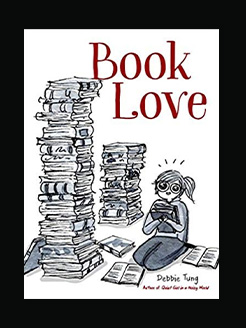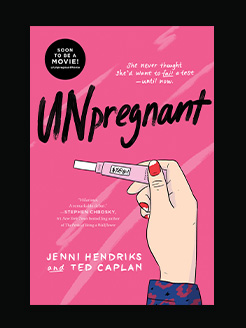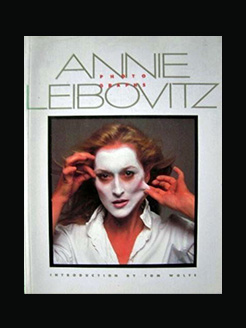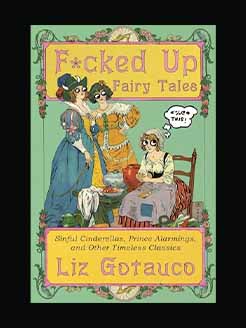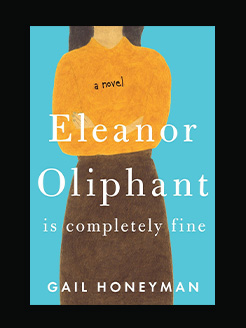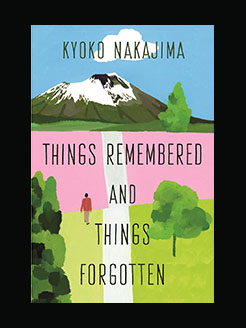Published in 2019 by (first published 2014)
180 pages
Yu Miri is a Zainichi Korean playwright, novelist, and essayist. Yu writes in Japanese, her native language, but is a citizen of South Korea.
Yu was born in Yokohama, Kanagawa Prefecture, Japan, to Korean parents. After dropping out of the Kanagawa Kyoritsu Gakuen high school, she joined the Tokyo Kid Brothers (東京キッドブラザース) theater troupe and worked as an actress and assistant director. In 1986, she formed a troupe called Seishun Gogetsutō (青春五月党), and the first of several plays written by her was published in 1991.
In the early 1990s, Yu switched to writing prose. Her novels include Furu Hausu (フルハウス, “Full House”, 1996), which won the Noma literary prize for best work by a new author; Kazoku Shinema (家族シネマ, “Family Cinema,” 1997), which won the prestigious Akutagawa Prize; Gōrudo Rasshu (ゴールドラッシュ, “Gold Rush” 1998), which was translated into English as Gold Rush (2002); and Hachi-gatsu no Hate (8月の果て, “The End of August,” 2004). She has published a dozen books of essays and memoirs, and she was an editor of and contributor to the literary quarterly en-taxi. Her best-selling memoir Inochi (命, “Life”) was made into a movie, also titled Inochi.
Yu’s first novel, a semiautobiographical work titled Ishi ni Oyogu Sakana (石に泳ぐ魚, “The Fish Swimming in the Stone”) published in the September 1994 issue of the literary journal Shinchō, became the focus of a legal and ethical controversy. The model for one of the novel’s main characters—and the person referred to indirectly by the title—objected to her depiction in the story. The publication of the novel in book form was blocked by court order, and some libraries restricted access to the magazine version. After a prolonged legal fight and widespread debate over the rights of authors, readers, and publishers versus individuals’ rights to privacy, a revised version of the novel was published in 2002.
Yu has experienced racist backlash to her work because of her ethnic background, with some events at bookstores being canceled due to bomb threats. After the 2011 Tōhoku earthquake and tsunami Yu began to travel to the affected areas often, and from March 16, 2012, she hosted a weekly radio show called “Yu Miri no Futari to Hitori” (柳美里の二人と一人, “Yu Miri’s Two People and One Person”) on a temporary emergency broadcasting station called Minamisōma Hibari FM, based in Minamisōma, Fukushima.
Her book Tokyo Ueno Station reflects her engagement with historical memory and margins by incorporating themes of a migrant laborer from northeastern Japan and his work on Olympic construction sites in Tokyo, as well as the March 11, 2011 disaster.
Since April 2015, Yu has lived in Minamisōma, Fukushima. In 2018, she opened a bookstore called Full House and a theatre space called LaMaMa ODAKA at her home in Odaka District
What is this book about?
As a work of post-tsunami literature and a protest against the 2020 Tokyo Olympics, this novel is of utmost importance to this moment, a powerful rebuke to the Imperial system and a sensitive, deeply felt depiction of the lives of Japan’s most vulnerable people.
Kazu is dead. Born in Fukushima in 1933, the same year as the Emperor, his life is tied by a series of coincidences to the Imperial family and has been shaped at every turn by modern Japanese history. But his life story is also marked by bad luck, and now, in death, he is unable to rest easily, haunting the park near Ueno Station. It is here that Kazu s life in Tokyo began and ended, having arrived there to work as a labourer in the run up to the 1964 Tokyo Olympics before ending his days living in the vast homeless villages in the park, traumatised by the destruction of the 2011 tsunami and enraged by the announcement of the 2020 Olympics.
Akutagawa-award-winning author Yū Miri uses her outsider’s perspective as a Zainichi (Korean-Japanese) writer to craft a novel of utmost importance to this moment, a powerful rebuke to the Imperial system and a sensitive, deeply felt depiction of the lives of Japan’s most vulnerable people.
